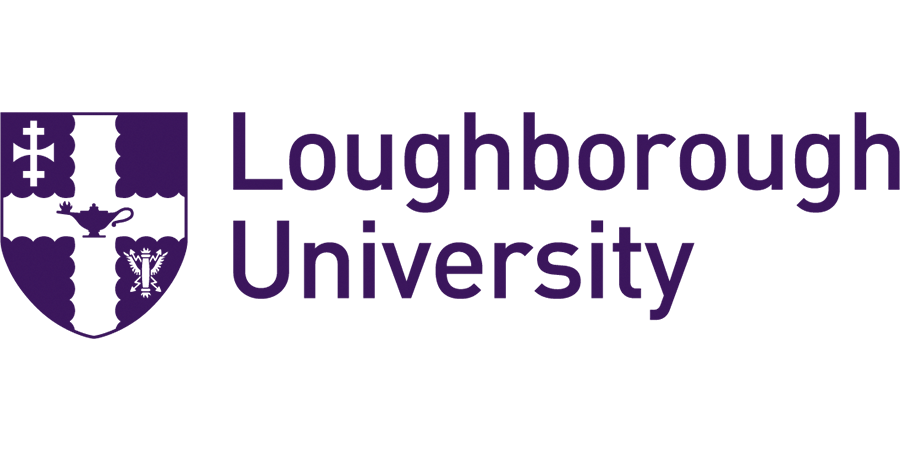PhD Studentship: Optimising aerial image analysis for beach litter characterisation and quantification
Loughborough University - Department of Geography and Environment
| Qualification Type: | PhD |
|---|---|
| Location: | Loughborough |
| Funding for: | UK Students, International Students |
| Funding amount: | Fully funded |
| Hours: | Full Time |
| Placed On: | 30th October 2025 |
|---|---|
| Closes: | 7th January 2026 |
| Reference: | CENTA2026-LU09 |
This project responds to a three-year marine litter monitoring campaign on the Isle of Skye, Scotland, UK. It builds on Loughborough University’s 50 Years of Litter on Skye and associated research projects. Integrating environmental, engineering, and social science methods, the interdisciplinary team of researchers that this PhD will augment have identified, evaluated, and are evolving marine litter monitoring methods with community partners across Scotland’s west coast. The potential for drone and mobile phone imagery to enhance this work has been discussed with community groups, informing this project proposal.
This PhD will evaluate the efficacy and suitability of digital image collection and analysis for beach litter characterisation on heavily-littered coastlines, in partnership with community groups across Scotland’s west coast. It will evaluate the practicality of different image capture techniques and the potential of different sensor types (e.g., RGB, multispectral) to generate beach litter images. Analysis of images will investigate the efficacy of manual digital approaches (e.g., Dot Dot Goose) and the development of a marine litter characterisation and quantification algorithm for automated analysis (computer vision technologies).
The interdisciplinary nature of this PhD will require the integration of environmental science, engineering, and community science methodologies.
Supervisors:
Primary supervisor: Dr Tom Stanton
Secondary supervisors: Prof. Cunjia Liu, Prof. Adrian Spencer, Dr Nicholas Midgley (Nottingham Trent University)
Entry requirements:
Applicants will normally need to hold, or expect to gain, at least a 2:1 degree (or equivalent) in a relevant degree programme, e.g., Geography, Environmental Science, Computer Science, Engineering, or an appropriate Master’s degree.
English language requirements:
Applicants must meet the minimum English language requirements. Further details are available on the International website.
Funding information:
This studentship which is partially funded by NERC, provides a tax-free stipend of £20780 per annum (in 2025/26) and tuition fees at the UK rate for 3.5 years. It also provides a Research Training Support Grant (RTSG) of £8,000. Due to UKRI funding rules, no more than 30% of the studentships funded by this grant can be awarded to International candidates, but successful International candidates will have the difference between the UK and International tuition fees provided by the University.
How to apply:
1. Complete a CENTA studentship application form in Word format (available from https://centa.ac.uk/apply/) under the ‘Our project-based studentships’ section on that page.
- All applications should be made online. Under Campus, please select ‘Loughborough’ and select the Programme “Department of Geography and Environment”. Please quote the advertised reference number CENTA2026-LU09 in your online application. During the online application process, upload the CENTA studentship application form and a CV in addition to the other required minimum supporting documents.
- Application closing date is midnight (UK time) on Wednesday January 7th 2026. Interviews for short-listed candidates are expected to be held sometime in the period Monday February 2nd – Friday February 13th 2026.
Advert information
Type / Role:
Subject Area(s):
Location(s):









